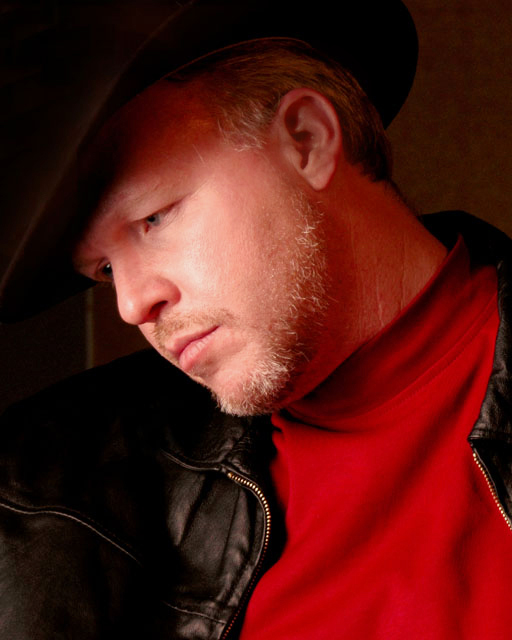Most of us can name our role models, including, if not especially, our favorite visionary thinkers. Their ideas resonate. They speak, and it all makes sense. So when Margaret Wheatley shared her doubts on our ability to influence social change and social innovation on a large scale, it was more than a wake-up call for me. It was more like a bucket of ice water.
Sure, it makes sense to hedge on our boldest forecasts. But should we conclude, as Wheatley has done, that there’s no evidence for lasting social change?
Let’s challenge that.
Listen to her 2013 interview or skim the transcript .. posted on i-Open courtesy Betsey Merkel, and shared on Twitter by my friend Bruce Watluck. Wheatley’s concern centers on the ubiquitous psychological resistance to change that she repeatedly encounters in her work. It’s a resistance fueled by powerful cultural forces that feed on self-interest and narcissistic thinking. We can see evidence of this everywhere, of course. We can see it in our ads, as she says, as well as in our sports and in our leaders. It’s a sobering message.
She’s left a door open. Some light still shines through, offering some hope. Wheatley acknowledges three fundamentals that remain in her work and her vision:
- Strong relationships based on trust
- Deeper thinking in teams, creating “islands of sanity”
- A personal practice of reflection
So she hasn’t abandoned efforts to inspire, or to guide deeper meaning. She still talks of embracing and advancing the human spirit. But I’m afraid the elephant is still in the room.
Let’s not retreat on the scale of what’s possible. There’s too much at stake. Education. Healthcare. Energy. It’s a long list. So let’s ask this ..
How long should social innovation take? It’s certainly not overnight. And with extended timeframes, the critical element of resilience .. our ability to sustain visionary leadership .. comes into play. It’s interesting she has written on a parallel theme, perseverance.
From what I’ve read about culture and prevailing paradigms, I think it’s likely that social change would be best measured in decades, at a minimum. The larger the ecosystem, the longer change will take. The more entrenched the social conventions, the longer it will take to unwind them and to develop new ones. A few examples of decade-plus emergent innovation I’ll offer as evidence: the transformation of IBM from hardware to software (10-15 years), the American Revolution (50-60 years), and the global Human Rights movement (100 years plus). Each of these studies in social change took a long time to happen. Each was more fragile and difficult to achieve with scale.
Yet all these examples led to lasting ecosystem change. We can trace evolution from important initial conditions, strong and persistent local catalysts, environments that allowed new rule systems to emerge and to ultimately survive. These are features of a complex social system, one that learns and adapts.
I believe emergent innovation is possible. If I’m right, we’ll have to be patient. We’re wise to start small, and build slowly. Ultimately, as our innovation expands, we’ll have to lead with incredible resolve, operating within and among strongly connected, resilient, and well-aligned communities. And we’ll have to have the long term view.
For our #cdna chat at 8pm ET on MON 9/15, let’s take apart Meg Wheatley’s arguments and my own, to see what we might make of them.
- Q1. Is social innovation dead? oversold? not fully baked? or misunderstood?
- Q1(b.) [emergent] Are social change and social innovation interchangeable in the context of this frame?
- Q2. What are your views on our ability to influence change in social settings (e.g., culture)?
- Q3. [emergent] What is your sense of Wheatley’s concerns re: cultural resistance?
- Q4. How does the time dimension factor into our chances? Can we accelerate our desired change?
- Q5. What are the fundamental drivers in the discussion of social change?
I’ll bring an open mind to this, as always. But so far, I’m holding out for possibility. I have a deep conviction in our ability to make things better. Let’s discuss it.
Roughly once a month, a small but growing group of independent thinkers comes together around hashtag #cdna to unpack social learning and the nuances of intentional collaboration. It seems we always take a little something home. Given time, we may just come up with some new rules ..
Join the conversation using http://tweetchat.com/room/cdna .. simply sign-in with your Twitter account, and authorize the app ..
Hope to see you there !!
Chris (aka @sourcepov)
___
Related reading:
- Thomas Kuhn, The Structure of Scientific Revolutions (1962).
- Margaret Wheatley, A Simpler Way (1996).
- Margaret Wheatley, Leadership and the New Science (2006).
- John Miller and Scott Page, Complex Adaptive Systems (2007).
- Chris Jones, The DNA of Collaboration (2012).







September 15th, 2014 at 10:09 pm
Thank you for leading today’s conversation inspired by the Margaret J. Wheatley interview generously contributed to the Institute for Open Economic Networks (I-Open) library. The complete article, including media, Margaret J. Wheatly: Capacity Building in Emergence is published to I-Open #RESEARCH at http://www.i-open.org/research/margaret-j-wheatley-capacity-building-in-emergence
LikeLike
September 16th, 2014 at 6:25 pm
Thanks so much for an excellent chat last night.
Here’s the transcript http://bit.ly/cdnaMW1-T .. which I’m reading in detail as we speak.
More to come on drivers/rules of social change.
Our next chat? MON 10/13 8pET. Hope to see you there ..
Chris
LikeLike